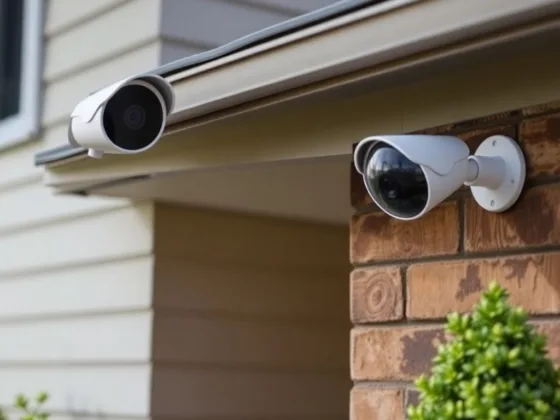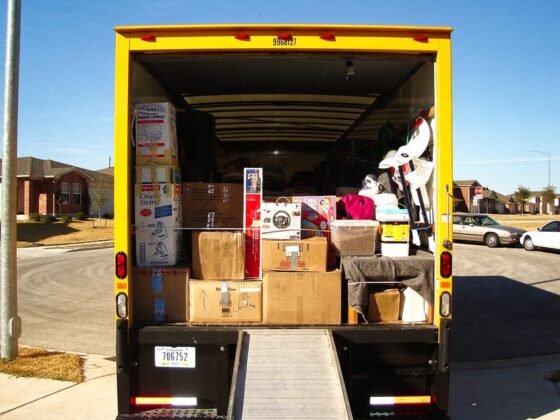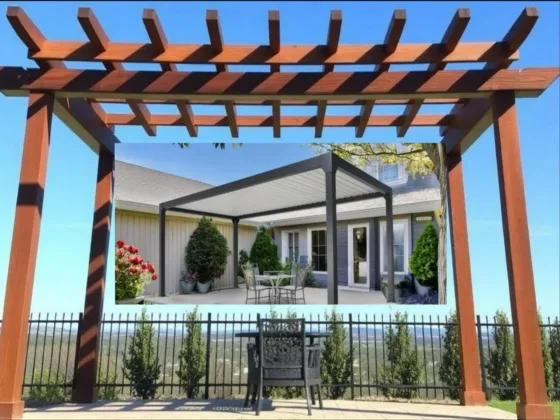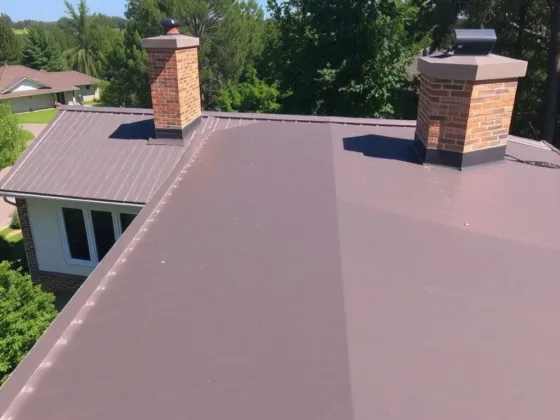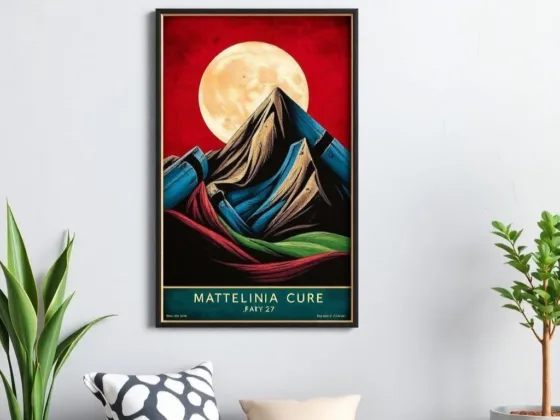Table of Contents Show
Are you assembling your toolbox to take on a massive DIY project to increase your home’s market value? Or perhaps, you’re on a DIY mission to fix all the leaking faucets, faulty circuits, and loose cabinet hinges around the house? Either way, be sure to wear safety gear to protect yourself from minor and major injuries.
It’s typical for DIY crusaders, craftspeople, and home decorators to undermine the significance of safety gear for construction work.
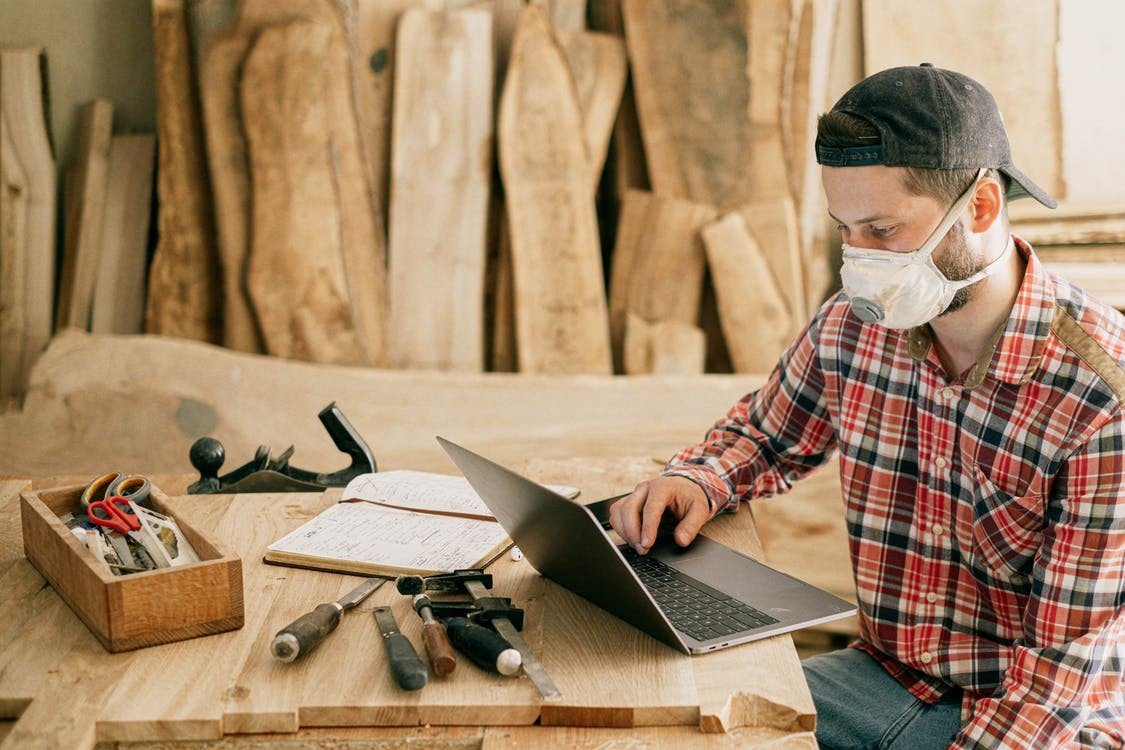
No one likes the itchy discomfort of a hard hat or pools of sweat collecting on the nose bridge with safety glasses. But these discomforting safety supplies will protect your eyes, scalp, and respiratory system against scores of hazards.
Keep reading to explore must-have safety gear to buy before starting your DIY construction project.
1. Safety Glasses
Safety glasses are a definite must-have, no matter how big or small the scale of your project. Suppose you’re constructing a wooden treehouse for your kids in the backyard.
In that case, safety glasses will protect your eyes against scratches, specks, and vision-related disturbances. Have you ever wondered what could happen if a wood chip, speck of dirt, or debris flies into your eye?
The particle will leave a nasty scar on your cornea, resulting in unbelievable pain and possible vision impairments. People who wear prescription glasses or contact lenses need to exercise care and caution while approaching DIY construction work.
Particles and dust are bound to fly when you’re working with wood or construction materials. Consider investing in safety glasses that match your prescription to prevent eye scratches.
We advise enlisting Google’s help in finding a reputable eyewear brand specializing in prescription safety goals. For instance, Canadian DIYers can make a location-based search query using the keywords “prescription safety glasses Canada” to connect with local brands.
Be sure to examine the brand’s websites and customer reviews before processing your order.
Prescription safety glasses will help you protect your eyes without blurring or compromising your vision.
Safety glasses are a crucial protective accessory to protect the eyes against accidental injuries, dust particles, and harsh UV glare. It’s natural to feel an uncontrollable urge to scratch the eyes when working on welding or a technical DIY project.
Customizing your prescription safety glasses is ideal for weekend DIY warriors who routinely engage in home improvement projects.
You can explore various designs, color schemes, and frames to prioritize your comfort and ensure maximum eye protection with side shields.
We advise investing in safety glasses designed with a scratch-resistant and anti-fog coating. It’s also wise to invest in an elastic headband to avoid discomfort and itchiness.
Read Also:
2. Hard Construction Hats
Hard construction hats aren’t the most style-savvy accessory, but they work wonders at protecting the brain. Suppose you’re working on a construction project involving roofing repairs or multiple floors. In that case, a hard hat is the first thing you need to buy.
Imagine a large bag of rubble falling from the roof and landing atop your head. Would your brain survive the crushing impact and tremendous force of rubble, debris, or heavy equipment?
It can, provided you’re wearing a hard construction hat to absorb and neutralize the impact. If your perceptions around discomfort and sweating stop you from buying a hard hat, consider exploring your options.
You can find a design that aligns with your comfort preferences and maximizes functional utility. Most designs are equipped with a sweatband, an underside, and a vented top.
Be sure to examine the hat’s interior lining, for this insert protects the head from an impact during construction accidents.
3. Facial Masks
Inhaling debris, sawdust, dust, and other particles runs the risk of respiratory complications, asthma, and allergies. A dust mask will serve as a barrier between dust and your respiratory organs.
It’s natural for sawdust and debris to fly around during construction work or even a little DIY project. A dust mask is strongly recommended to promote healthy breathing and keep out the dust.
Suppose you have asthma, breathing difficulties, or other respiratory complications. In that case, you shouldn’t approach construction work without putting on a reusable respirator.
A reusable respirator is a powerful protective tool equipped with a customizable head harness and air valve. It allows a steady clean, debris-free oxygen supply while keeping out all harmful particles.
Most people find reusable respirators more comfortable and functional than dust masks. It’s common for a dust mask to restrict oxygen supply, resulting in discomfort and breathing difficulties.
4. Ear Protection
Do you have a habit of wearing earmuffs or earplugs while working with a saw or drilling machine? We routinely undermine the hazardous impact of noise pollution on our physical and mental wellbeing.
Did you know that noise pollution is a leading risk factor behind heart disease, hypertension, and sleep disturbances?
Weekend DIY warriors are strongly advised to wear protective earplugs or earmuffs to drown out the noise of their tools. These safety tools will reduce the commotion of your drilling or sawing project, allowing you to stay focused on the job.
It’s crucial to consider that persistent exposure to the noise of construction equipment can cause hearing impairments.
It may seem like a ruckus you can handle, but prolonged exposure to screechy drills and loud equipment is hazardous. Be sure to invest in professional-grade safety earmuffs designed with lightweight material and extra padding.
If your ears are overly sensitive to noise, consider finding earmuffs with extensive padding.
Final Thoughts
Professionals and seasoned DIYers never underestimate the significance of protective gear. The list above is by no means exhaustive, but rather, it focuses on items you cannot go without during construction work.
Most people go above and beyond to prioritize their safety by investing in elbow and knee pads. Suppose you’re planning a flooring or sandpapering project that involves friction and risk of injury against hard surfaces. In that case, knee pads will protect your joints and knees from wear and tear.




